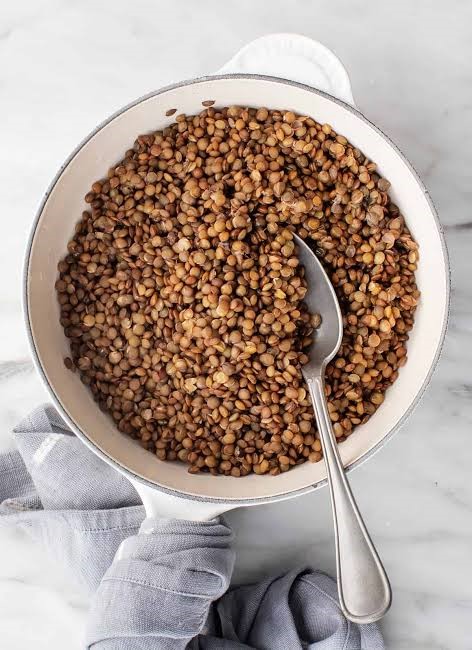A nurse on a medical-surgical unit suspects that several patients have Clostridium difficile (C. difficile) when they all develop watery diarrhea.
What actions should the nurse plan to take while waiting for the patients’ lab results?
Request the providers to initiate antibiotic therapy for every patient on the unit.
Perform hand hygiene with an alcohol-based agent.
Obtain stool cultures from all patients on the nursing unit.
Place all patients who have symptoms on contact precautions.
The Correct Answer is D
Choice A rationale
Requesting the providers to initiate antibiotic therapy for every patient on the unit is not the most appropriate action. Antibiotics should only be used when there is a confirmed bacterial infection. Overuse of antibiotics can lead to antibiotic resistance and can potentially trigger C. difficile infection due to disruption of normal gut flora.
Choice B rationale
While performing hand hygiene with an alcohol-based agent is important in general infection control, it is not the most effective measure against C. difficile.
C. difficile spores are resistant to destruction by alcohol-based hand rubs. Therefore, hand hygiene for C. difficile should involve washing with soap and water.
Choice C rationale
Obtaining stool cultures from all patients on the nursing unit is not the most appropriate action. Stool cultures should be obtained from patients who are symptomatic. Testing asymptomatic patients can lead to false positives and unnecessary treatment.
Choice D rationale
Placing all patients who have symptoms on contact precautions is the correct answer. Contact precautions, including the use of gloves and gowns, can prevent the spread of C. difficile. This is because C. difficile is spread via the fecal-oral route, and its spores can survive on surfaces for long periods.
Nursing Test Bank
Naxlex Comprehensive Predictor Exams
Related Questions
Correct Answer is D
Explanation
Choice A rationale
Ground beef is not the best choice for a client learning about dietary choices. While it is a source of protein, it is also high in saturated fats, which can contribute to heart disease and other health problems. Choice B rationale
Raw vegetables are a good source of fiber and various vitamins and minerals. However, they should be washed thoroughly before consumption to remove any potential contaminants.
Choice C rationale
Fruit with the skin can be a good source of fiber and vitamins. However, like vegetables, they should be washed thoroughly before consumption.
Choice D rationale
High fiber cereals are a great choice for a healthy diet. They can help to regulate bowel movements, lower cholesterol levels, and control blood sugar levels.

Correct Answer is D
Explanation
Choice A rationale
A decrease in systolic blood pressure is not a physiological change that increases the risk of dehydration in older adults.
Choice B rationale
An increase in saliva production does not occur with aging and does not increase the risk of dehydration.
Choice C rationale
An increase in the percentage of body water does not occur with aging. In fact, total body water decreases with age, which can contribute to an increased risk of dehydration.
Choice D rationale
A decrease in kidney function is a common physiological change that occurs with aging. This can lead to a decreased ability to concentrate urine and conserve water, increasing the risk of dehydration.
Whether you are a student looking to ace your exams or a practicing nurse seeking to enhance your expertise , our nursing education contents will empower you with the confidence and competence to make a difference in the lives of patients and become a respected leader in the healthcare field.
Visit Naxlex, invest in your future and unlock endless possibilities with our unparalleled nursing education contents today
Report Wrong Answer on the Current Question
Do you disagree with the answer? If yes, what is your expected answer? Explain.
Kindly be descriptive with the issue you are facing.
